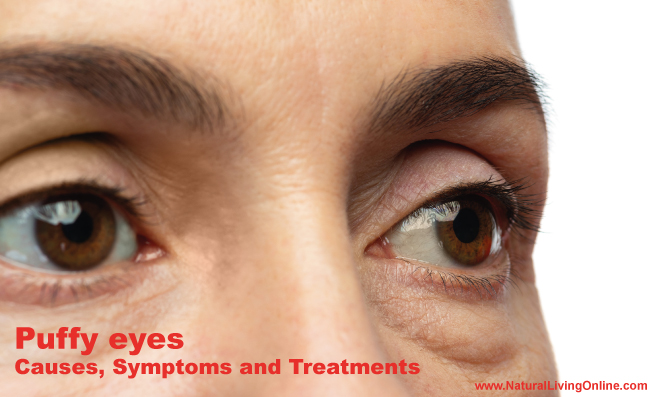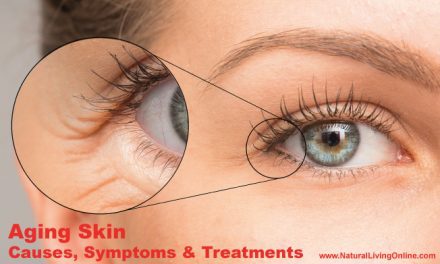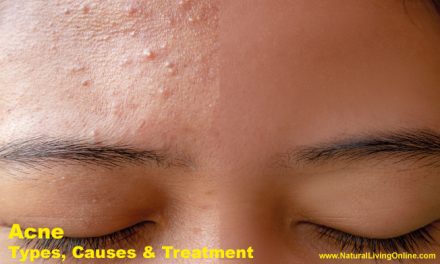Puffy eyes, or under-eye swelling, can occur due to a variety of reasons, including fluid retention, allergies, and genetics. This condition can make you look tired and older than you are. Fortunately, there are several ways to treat and prevent puffy eyes.
Causes
Fluid Retention
Fluid retention is the most common cause of puffy eyes. This occurs when excess fluid accumulates in the tissues around your eyes, making them appear swollen. There are several factors that can contribute to fluid retention, including a high salt intake, hormonal changes, dehydration, and certain medical conditions such as kidney or heart disease.
Allergies
Allergies can cause puffy eyes due to the release of histamines, which can cause inflammation and fluid buildup. Common allergens that can trigger puffy eyes include pollen, pet dander, dust mites, and certain foods.
Genetics
Some people are more prone to puffy eyes due to their genetics. If your parents or close relatives have puffy eyes, you may be more likely to develop them too. This is because genetics can influence the structure and elasticity of the skin around your eyes, as well as the shape of your eye sockets.
Aging
As you age, the skin around your eyes becomes thinner and loses elasticity. This can cause the muscles and tissues under your eyes to weaken, allowing fluid to accumulate more easily. Additionally, the fat pads that cushion the area under your eyes can shift and become more prominent, making your eyes look puffy.
Medical Conditions
In some cases, underlying medical conditions can cause puffy eyes. For example, thyroid disorders, sinus infections, and allergies can all contribute to fluid retention and inflammation around the eyes. Additionally, conditions such as blepharitis (inflammation of the eyelids) and conjunctivitis (inflammation of the eye’s mucous membrane) can cause puffy eyes as a symptom.
In summary, puffy eyes can be caused by a variety of factors, including fluid retention, allergies, genetics, aging, lifestyle factors, and underlying medical conditions. It’s important to identify the underlying cause of your puffy eyes in order to determine the most effective treatment and prevention strategies.
Lifestyle factors
Certain lifestyle factors can also contribute to puffy eyes, including:
- Lack of sleep: Not getting enough sleep can cause fluid buildup under your eyes.
- Alcohol consumption: Drinking alcohol can cause dehydration and lead to puffy eyes.
- Stress: Stress can cause fluid retention and lead to puffy eyes.
Clinical Signs and Symptoms
The clinical signs and symptoms of puffy eyes may include:
- Swelling: The area around the eyes appears swollen and puffy.
- Redness: The skin around the eyes may be red or inflamed.
- Itching: Some people with puffy eyes may experience itching or irritation around the affected area.
- Watering: The eyes may water more than usual due to the swelling.
- Blurred vision: In severe cases, the swelling around the eyes may cause blurry or distorted vision.
- Eye bags: The skin under the eyes may appear swollen and puffy, sometimes referred to as eye bags.
Treatment
- Cold Compresses: Applying a cold compress to your eyes can help reduce inflammation and fluid buildup. You can use a cold washcloth, chilled cucumber slices, or a gel eye mask.
- Tea Bags: Applying cooled, damp tea bags to your eyes can help reduce inflammation and soothe the skin. Black tea and green tea contain caffeine and antioxidants that can help constrict blood vessels and reduce swelling.
- Eye Creams: Eye creams that contain caffeine, vitamin K, and retinol can help improve circulation, reduce inflammation, and strengthen the skin under your eyes.
- Hydration: Drinking plenty of water can help reduce fluid retention and prevent dehydration.
- Sleep: Getting enough sleep and elevating your head while sleeping can help reduce fluid accumulation.
- Allergy Medications: Over-the-counter or prescription allergy medications, such as antihistamines, can help reduce inflammation and fluid buildup caused by allergies.
- Surgery: In severe cases, surgery, such as blepharoplasty, can be used to remove excess skin and fat from under your eyes.
Prevention
- Hydration: Drinking enough water can help prevent fluid retention and dehydration, which can lead to puffy eyes.
- Sun Protection: Wearing sunscreen and sunglasses can protect the delicate skin around your eyes from damage and inflammation caused by UV rays.
- Allergen Avoidance: Avoiding allergens that trigger inflammation and swelling, such as pollen and pet dander, can help prevent puffy eyes.
- Lifestyle Changes: Making lifestyle changes such as reducing salt intake, managing stress, and getting enough sleep can help prevent puffy eyes.
- Eye Exercises: Performing exercises that strengthen the muscles around your eyes can improve circulation and reduce fluid buildup.
References
- Vrcek I, et al. Infraorbital dark circles: A review of the pathogenesis, evaluation and treatment. Journal of Cutaneous and Aesthetic Surgery. 2016; doi:10.4103/0974-2077.184046.
- Just M, et al. Effect of smoking on skin elastic fibres: Morphometric and immunohistochemical analysis. British Journal of Dermatology. 2007; doi: org.10,1111/j.1365-2133.2006.07575.x.
- Rubin JP. Blepharoplasty. In: Plastic Surgery: Volume 2: Aesthetic Surgery. 4th ed. 2018.
- Chon BH, et al. Treatment options for lower eyelid festoons. Facial Plastic Surgery Clinics of North America. 2021; doi:org/10.1016/j.fsc.2021.02.005.
- Khanna S, et al. The basics of baggy eyelids. Disease-a-Month. 2020; doi: org/10.1016/j.disamonth.2020.101037.
This website does not provide medical advice.
All information provided on this website, and on associated social media networks, including but not limited to texts, images, and numbers are for general information purpose only. It is not intended as medical advice and it does not include all possible precautions, side effects, or interactions that may occur. Neither NaturalLivingOnline.com nor its author/founder take responsibility for how you use this information. Statements contained on NaturalLivingOnline.com have not been evaluated by the FDA. You should conduct thorough research via multiple sources and consult your physician or qualified doctor before using any essential oil or herbal remedy. Information on NaturalLivingOnline.com must not be relied upon for medical, legal, financial or other decisions.













